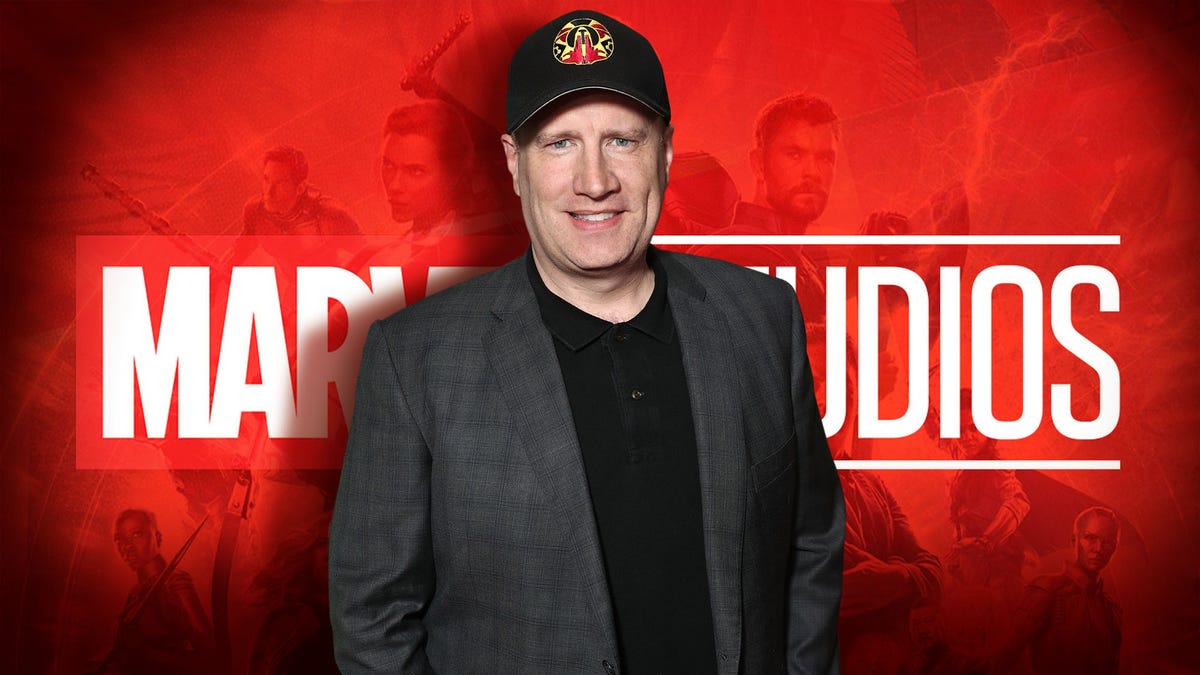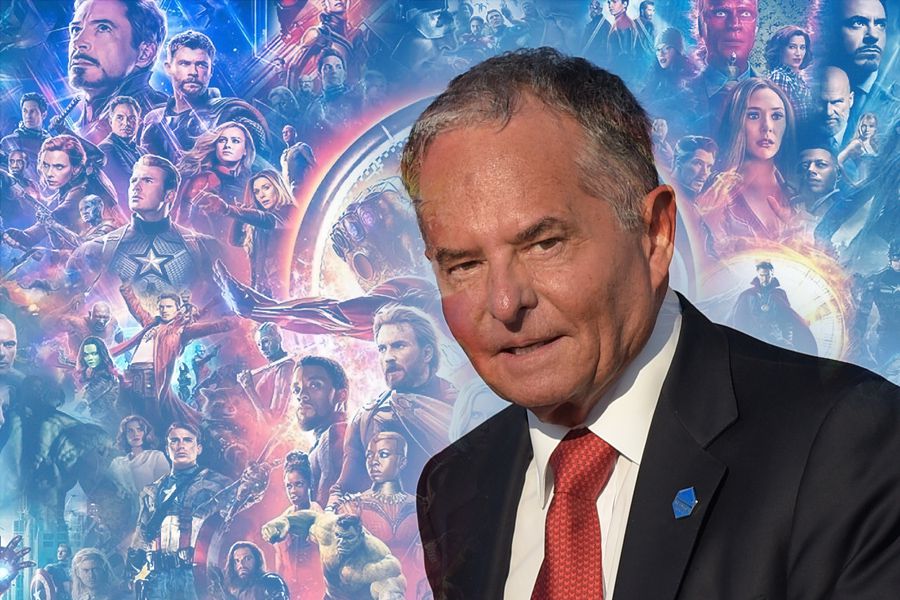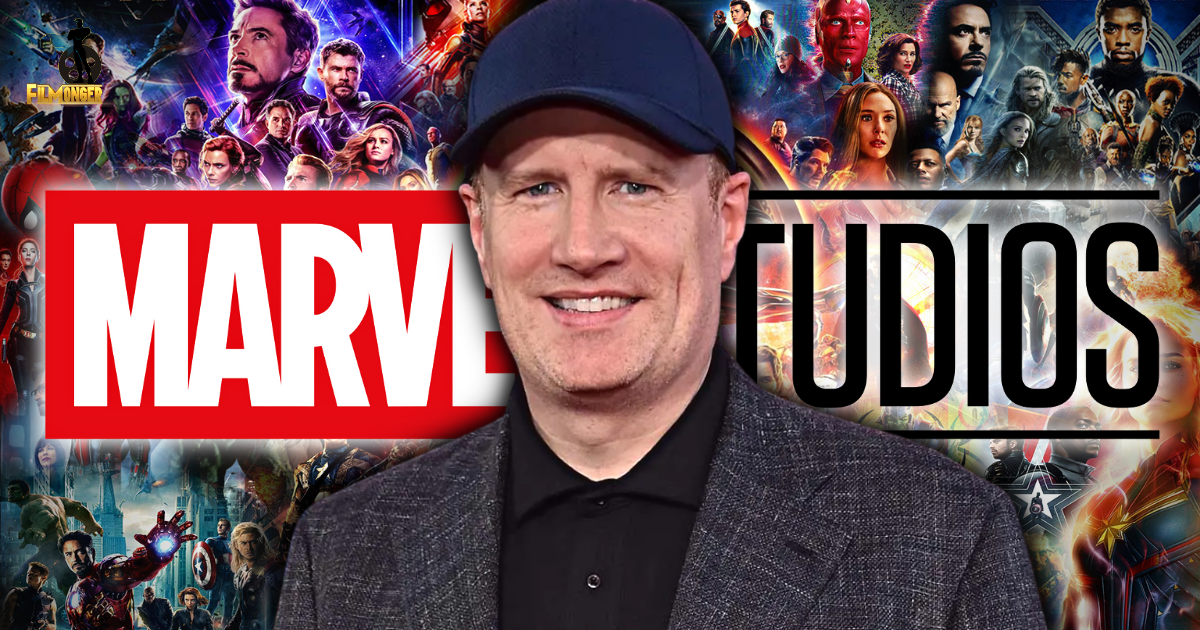While the Marvel Cinematic Universe (MCU) is renowned for its epic on-screen superhero battles, the fiercest confrontation in its history unfolded behind the scenes. This clash wasn’t between heroes and villains but between two powerful executives, and it reveals a saga of creative differences that influenced the course of Marvel Studios.
The Key Players
At the heart of this backstage feud were Kevin Feige, the current Chief Creative Officer of Marvel Studios, and Ike Perlmutter, the former owner of Marvel Entertainment. Perlmutter, known for his reclusive and eccentric nature, was let go by Disney in March 2023. However, his influence during the early years of Marvel Studios was far-reaching.
The Creative Committee’s Influence
Perlmutter ensured that Marvel Studios’ films adhered to his narrow vision of what a superhero movie should be through the “Creative Committee” in New York. This committee comprised comic writers, editors, and Perlmutter’s right-hand man, Alan Fine. Their involvement in film decisions placed constraints on Marvel Studios, particularly in the early stages.

Feige’s Vision and Persistence
When Kevin Feige took the reins, he aimed to transform Marvel Studios into a genuine filmmaking powerhouse. Initially, Perlmutter’s involvement was limited when films like “Iron Man” and “The Incredible Hulk” were financed externally. However, once Marvel began financing its own productions, Perlmutter sought greater control. His efforts to ensure that early MCU films predominantly featured straight, white male heroes caused friction.
Disney’s Acquisition and Feige’s Rise
After Disney’s acquisition of Marvel Entertainment, Perlmutter’s influence persisted. Still, as MCU films consistently surpassed billion-dollar milestones, Kevin Feige’s stature within Disney grew. He ultimately managed to bypass Perlmutter, the Creative Committee, and reach Disney’s top executives, Alan Horn and Bob Iger, thereby reducing New York’s involvement in Marvel Studios’ decision-making.
Perlmutter’s Restrictions and Feige’s Vision
Perlmutter’s restrictions extended beyond casting decisions to the marketing of female superhero characters and even provisions for press events. Despite Perlmutter’s efforts, Feige championed diversity and a broader representation of characters in the MCU. He understood that these films had a significant cultural impact and aimed to reflect the world’s diversity.
Feige’s Triumph and Perlmutter’s Departure

Feige’s determination to broaden the MCU’s scope and representation eventually won out. His persistence in advocating for diversity and storytelling integrity led to the success of films like Guardians of the Galaxy and Captain Marvel. Additionally, he overcame obstacles like Perlmutter’s attempt to sabotage a deal with Sony for Spider-Man’s inclusion in the MCU.
The epic battle behind the scenes at Marvel Studios revealed a clash of visions and values. Kevin Feige’s commitment to storytelling integrity and diversity triumphed over Ike Perlmutter’s narrow financial focus. This conflict highlights the significance of creative leadership in shaping the MCU’s success and its impact on cinematic storytelling.
